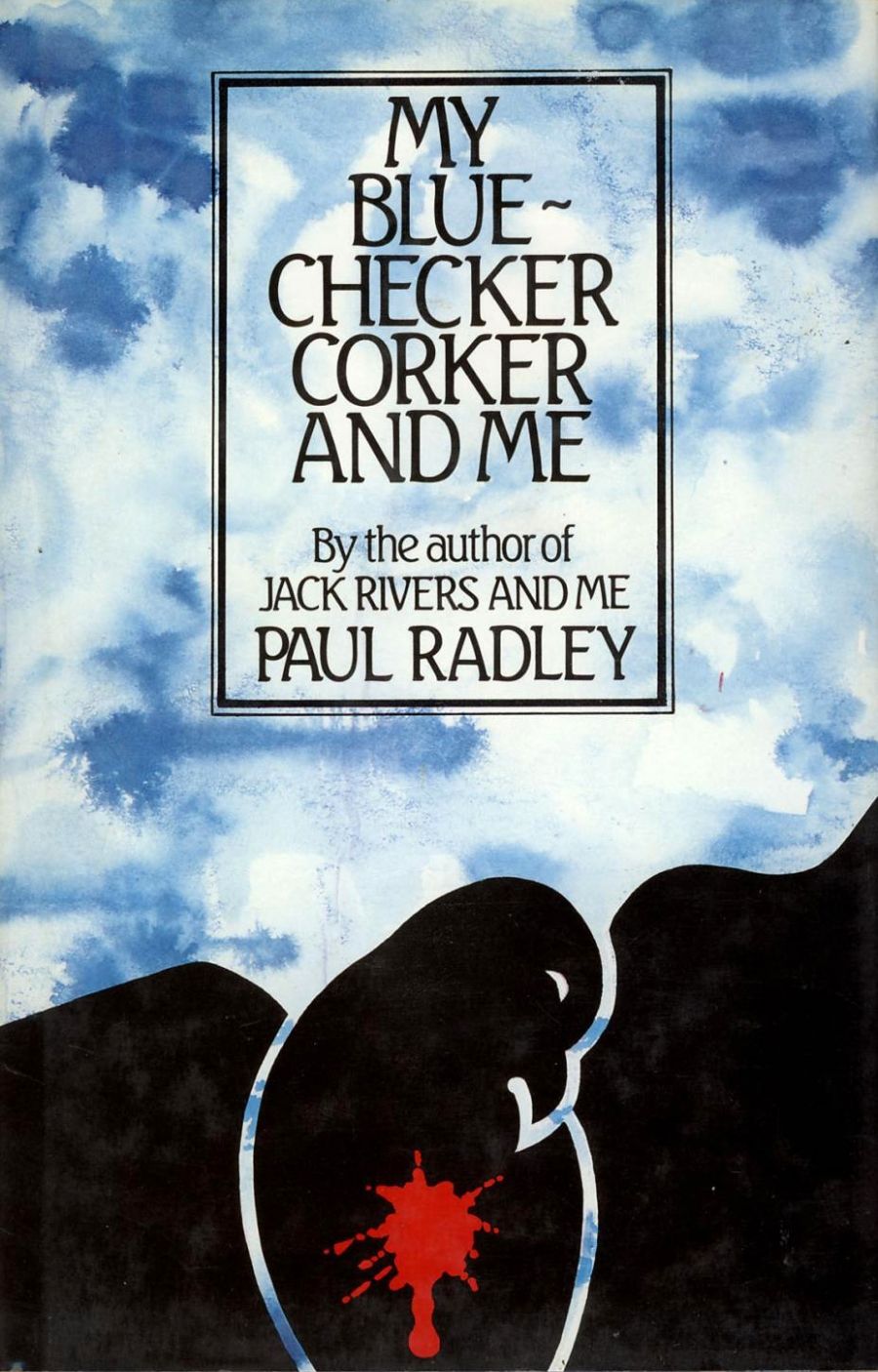
- Free Article: No
- Contents Category: Fiction
- Review Article: Yes
- Online Only: No
- Custom Highlight Text:
My Blue-Checker Corker and Me probably has enough strengths to make one forget, eventually, most of its irritating features. Paul Radley’s story of ‘a small mellow world’ is unashamedly emotional. and Radley is clearly fascinated with the possibilities of language. This is the story of a twelve-year-old boy and his relationship with his grandfather, his mates and his pigeons.
- Book 1 Title: My Blue-checker Corker and Me
- Book 1 Biblio: Allen & Unwin. 166 p., $11.95
There is a moving account of the local schoolteacher: ‘Yet in all that lifetime only one person, a little girl called Callie Gordon, ever told her ‘I love you, Miss Cruikshank’’. For the rest, women are scattily superfluous.
‘Whatever you say mate.’ Somewhere that night in the Lillipilli Valley there were probably two young girls, who most likely did not know each other, whose marriages and futures depended on this binding teenage alliance. Their loves would be secondary to a matchless mateship that could burn intensely for at least twenty years, engulfing patterns, provisions and promises. barring nothing except the next beer at the next pub; all other certitudes irrelevant beside: ‘E’s me mate’.
The irony and pathos do not destroy what is an almost lyrical evocation of a masculine world.
I have suggested that the novel also has its strengths. They lie in the account of the boy’s relationship with his grandfather and their shared love of pigeons.
In these sections of the book, especially m the last third of the novel when Radley abandons his attempts to be a Ginger Meggs Rabelais, there is a feel for both landscape arid language, a sense of genuine delight. Apart from some discussions of John Wayne, Montgomery Clift, and the affirmation that two of the great achievements of civilisation are Red River and the exploits of Ben Hall, Radley seems most at home when he describes the boy’s retreat into the world of his pigeons. The description of the death of his favourite bird is both ironic and moving.
This is a nostalgic novel that belongs to the world when James Dean, Montgomery Clift, and Robert Menzies were all kings. The schoolboy talk is not always convincing, and the idiom sometimes jumps from the wrong decade. A larger problem is the uncertainty of touch about where the writer stands. Sometimes he patronises his kids, sometimes he is one with them, sometimes he gives the impression of wanting to be twelve again and having
problems convincing himself that he isn’t.
I think Radley’s publishers have done him a disservice by proclaiming another genius. His talent is real, even if the unevenness and weaknesses are obvious.
Allen & Unwin would have served their novelist better by having him put the book aside for a year or two and then letting him develop its very real strengths.


Comments powered by CComment